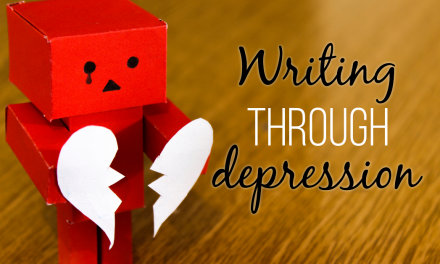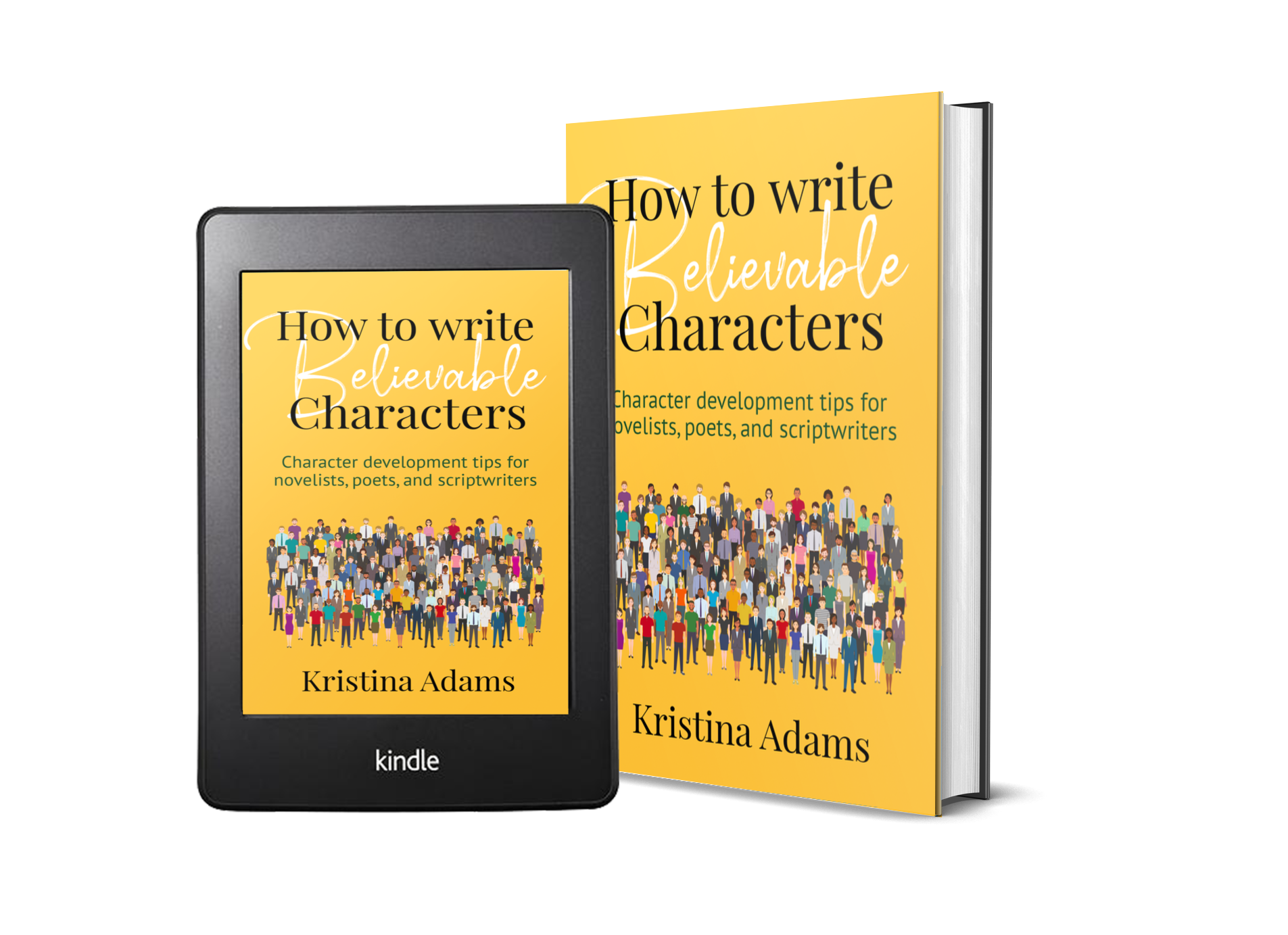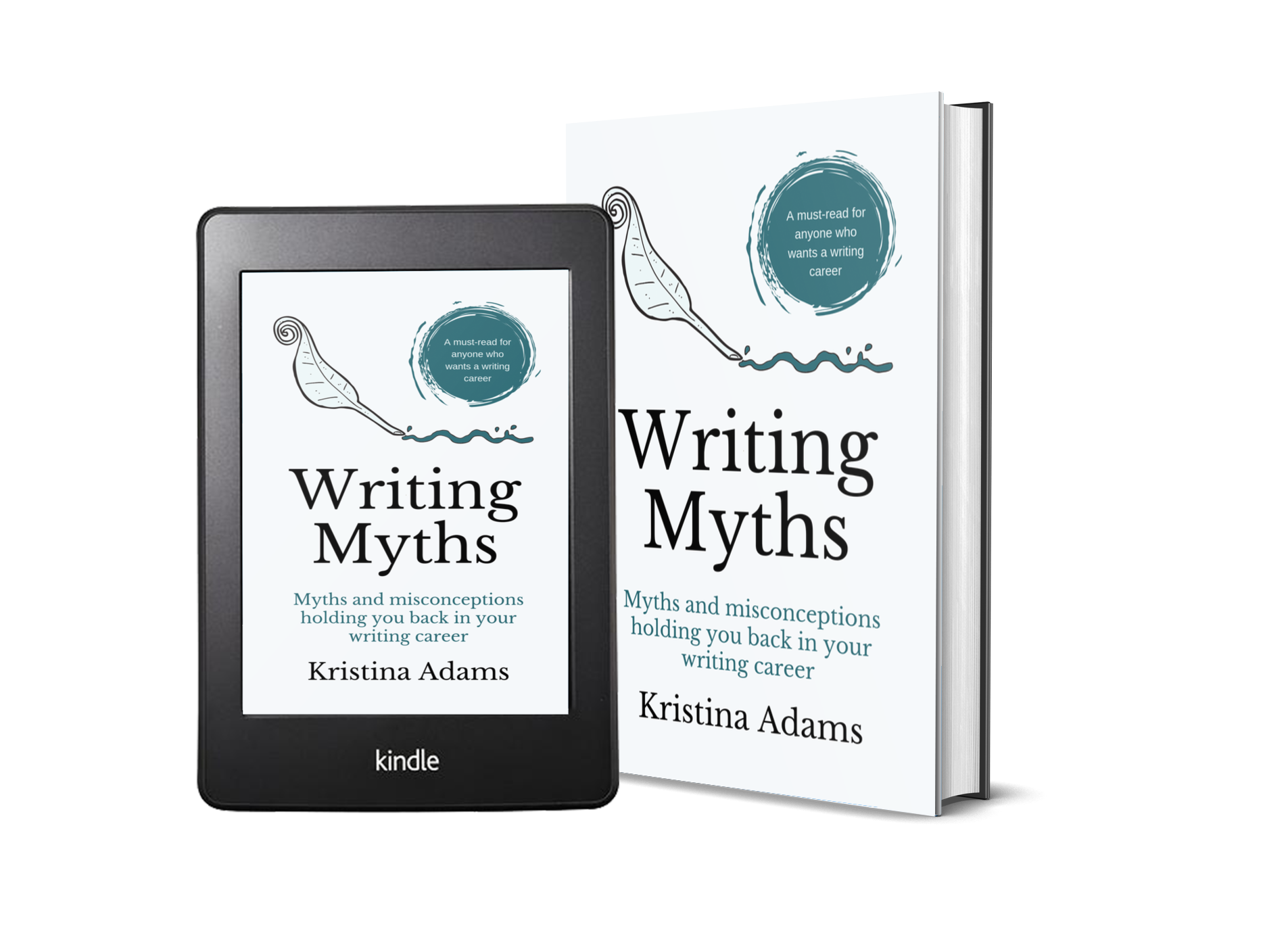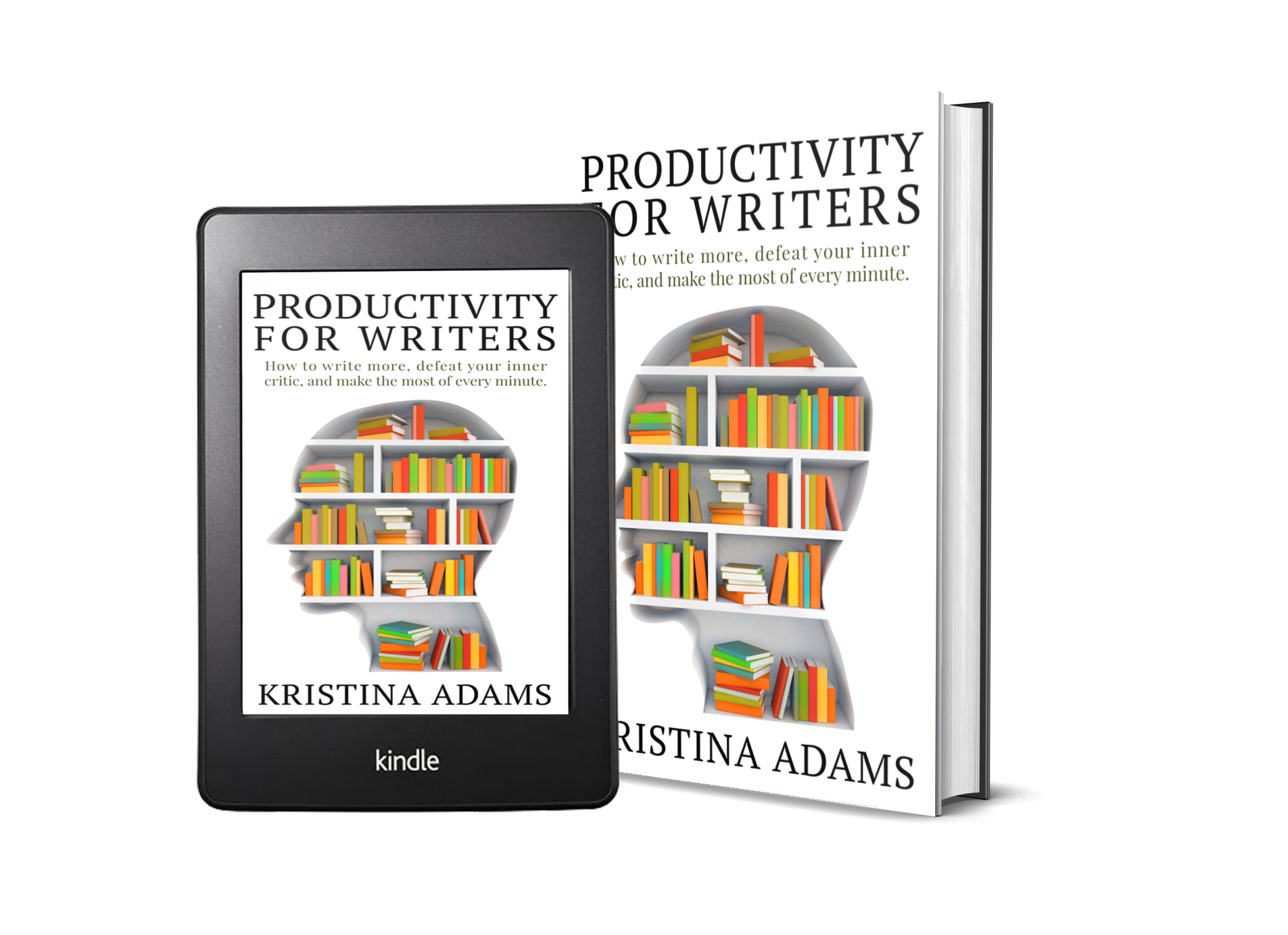I hated history at school. I hated the ‘what does this image tell us?’ thing that we had to do. It felt like as soon as we started modern history, it became about the sources and not the stories. For me, it’s always been about the stories. It’s the stories that allow me to connect with the past.
The ambivalence instilled in me through this teaching method didn’t go away until Boyfriend (who’s a history fan, but didn’t study it at school for similar reasons), put on a documentary about World War II. (I should mention here we watch a lot of documentaries. The only thing we watch more of is superhero films. Recommendations welcome!)
That series of documentaries will always stay with me.
They were about the Lebensborn project.
The Lebensborn project was the Nazi’s way of creating the perfect, Aryan child. They’d pair SS members with Aryan women, then they’d be made to breed like animals. The men were encouraged to cheat on their wives in order to create more children.
But, worst of all, the SS would kidnap children from unsuspecting families, then give them to German families to adopt. Hundreds of thousands of children were kidnapped this way. And the worst part?
Most of them will never know.
At the end of the war, all files related to the project were destroyed. Those that were kidnapped have no way of finding out who their birth parents were. And many of them will never even know they were kidnapped, because they were too young to remember.
It’s haunting, isn’t it?
It’s stories like this that stick with me, and that make me interested in history.

Lessons to be learnt
Another World War II story that resonated with me was this: to mark the anniversary of the D-Day landings, some veterans were asked to jump out of planes again.
Despite it having been 70 years since they last jumped out of an aeroplane, they did.
No hesitation.
I feel this is a lesson we can all learn.
The veterans jumped out of the planes so often during World War II that it became second nature.
You can train your brain to feel the same way about writing.
The more you write, the more you want to write, and the less scary it becomes.
[bctt tweet=”The more you write, the more you want to write, and the less scary it becomes.” username=”KristinaAurelia”]
The more you publish, the more you want to publish, and the less scary it becomes. (I can attest to this. I have about 12 books planned right now.)
The difference between people like us and those veterans is that those veterans didn’t have a choice but to jump out of the plane. Their country needed them. Your writing isn’t a life or death situation. The only person you’re at war with is yourself. But do you really want to get to the age of those veterans and have never published, or, even worse, have never even finished a piece?
Didn’t think so.
Sign up to my mailing list now for updates on Productivity for Writers, and my forthcoming email course on how to defeat writer’s block once and for all!
[mailmunch-form id=”312950″]






You’re quite right – the narrative is what makes history live. I wish it wasn’t taught as a sort of dissection, even at an early age. The same applies to poetry – it’s presented as a sort of puzzle that one has to work out to get marks. Ugh!
Exactly Cathy! They’re both so much more than that. We were never taught about the people affected by the wars, just the politics behind them. And as for how poetry was taught…don’t even get me started. I know quite a few people that still can’t get over the way it was taught in schools, and that’s a decade after GCSEs.